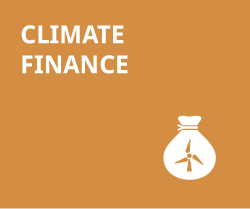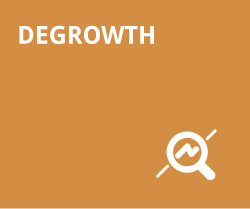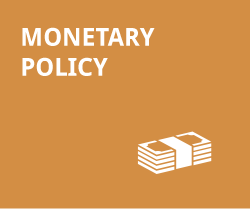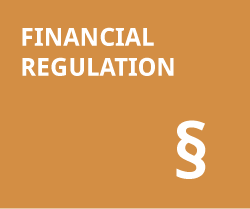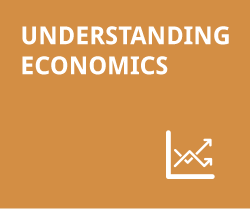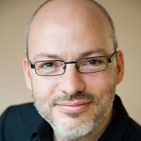IMF takes up World Future Council suggestion
The IMF Managing Director, Dominique Strauss-Kahn, has taken up a suggestion by the World Future Council (WFC) on how to finance climate security and climate justice in developing countries. A new multi-billion dollar “Green Fund” that could provide up to $100 billion a year was suggested by Strauss-Kahn at the World Economic Forum in Davos. Part of this fund should be financed through the issuance of additional Special Drawing Rights (SDRs), a reserve asset created by the IMF. The World Future Council proposed funding the development of renewable energies through new, interest-free SDRs at the World Climate Summit in Copenhagen last December and discussed this proposal with the IMF.
